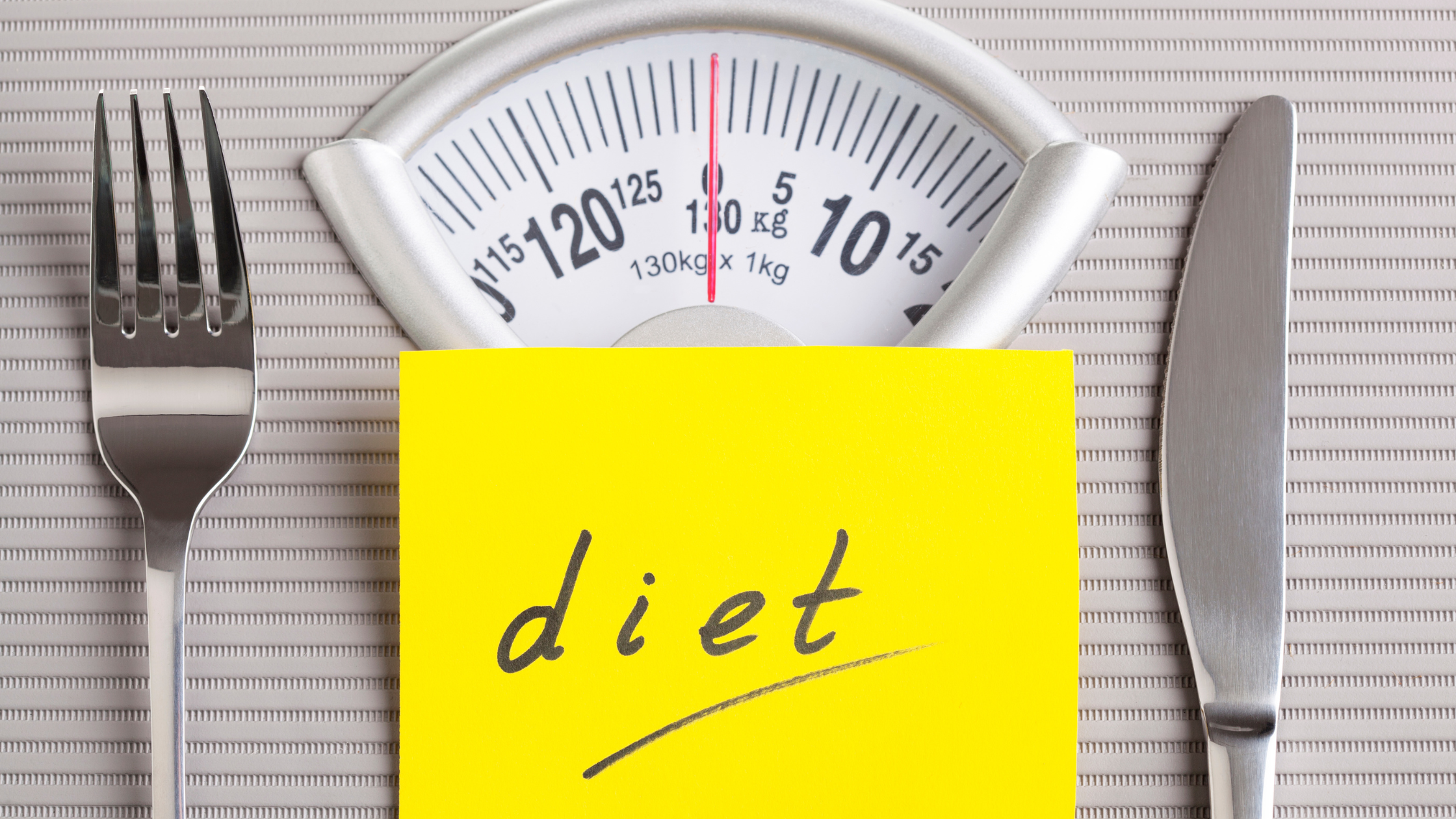
Weight loss transformations are a promise found in abundance on our social media feeds. The magic solution behind some of them? Crash diets.
As a fad, this promise of rapid weight loss has caused crash diets to become increasingly popular in recent years. Worse yet, they can prey on feelings of body dysphoria and make body positivity a difficult mindset to achieve. While they may seem like a quick fix, crash diets can have serious consequences on your health, including negative effects on your metabolism and overall health.
What is a Crash Diet?
A crash diet is a short-term, extreme diet that aims to help you lose weight quickly. Most crash diets involve severely restricting your calorie intake, typically to less than 1,000 calories per day.
Some crash diets also recommend cutting out entire food groups, such as carbohydrates or fats. While a crash diet may help you lose weight quickly, the weight loss is often temporary, and the restrictive nature of the diet can be difficult to sustain over the long term. Where people often end up is in a vicious cycle of quickly gaining back the weight they so painstakingly lost. This is the process of a yo-yo diet.

How Do Crash Diets Affect Metabolism?
Your metabolism is the process by which your body converts the food you eat into energy. When you severely restrict your calorie intake, your body may slow down your metabolism to conserve energy. This means that your body will burn fewer calories at rest. Ironically, this means that severely limiting your food intake is taking away from your ability to lose weight efficiently in the long run.
Let’s dive into the details of what crash diets exactly do to your metabolism:
- Reduce muscle mass: When you don’t eat enough calories, your body may start breaking down muscle tissue for energy, which would normally be readily available in carbohydrates and fats. This can lead to muscle loss, which can further slow down your metabolism.
- Decrease metabolic efficiency: When you don’t eat enough calories, your metabolism may become less efficient at converting food into energy. This means that your body may burn fewer calories at rest, making it harder to lose weight over the long term.

Additional Side Effects
Apart from your metabolism, crash diets can have far-reaching negative side effects on your health. Some of the most common side effects include:
- Nutrient deficiencies: When you severely restrict your calorie intake, you’re likely not getting all of the nutrients your body needs. This can lead to nutrient deficiencies, which can cause a range of health problems.
- Fatigue: When you don’t eat enough, you may feel tired and sluggish. This can make it difficult to focus and be productive.
- Overhydration: Many crash diets recommend drinking a lot of water to help fill you up and reduce your appetite. While drinking water is important, drinking too much can lead to water poisoning, throwing your electrolytes into a dangerous imbalance.
Finding Your Optimal Diet with DNA
If you’re looking to lose weight and improve your health, it’s important to find a diet that works for you. One way to do this is through genetic testing with CirceDNA.
A painless at-home DNA test, CirceDNA analyzes your DNA to determine your unique nutritional needs and provide personalized dietary recommendations. By identifying genetic variations related to nutrient metabolism, appetite, and weight management, CirceDNA can help you find the optimal diet that works best for your body, according to your genetic facts instead of relying on dangerous fads.





